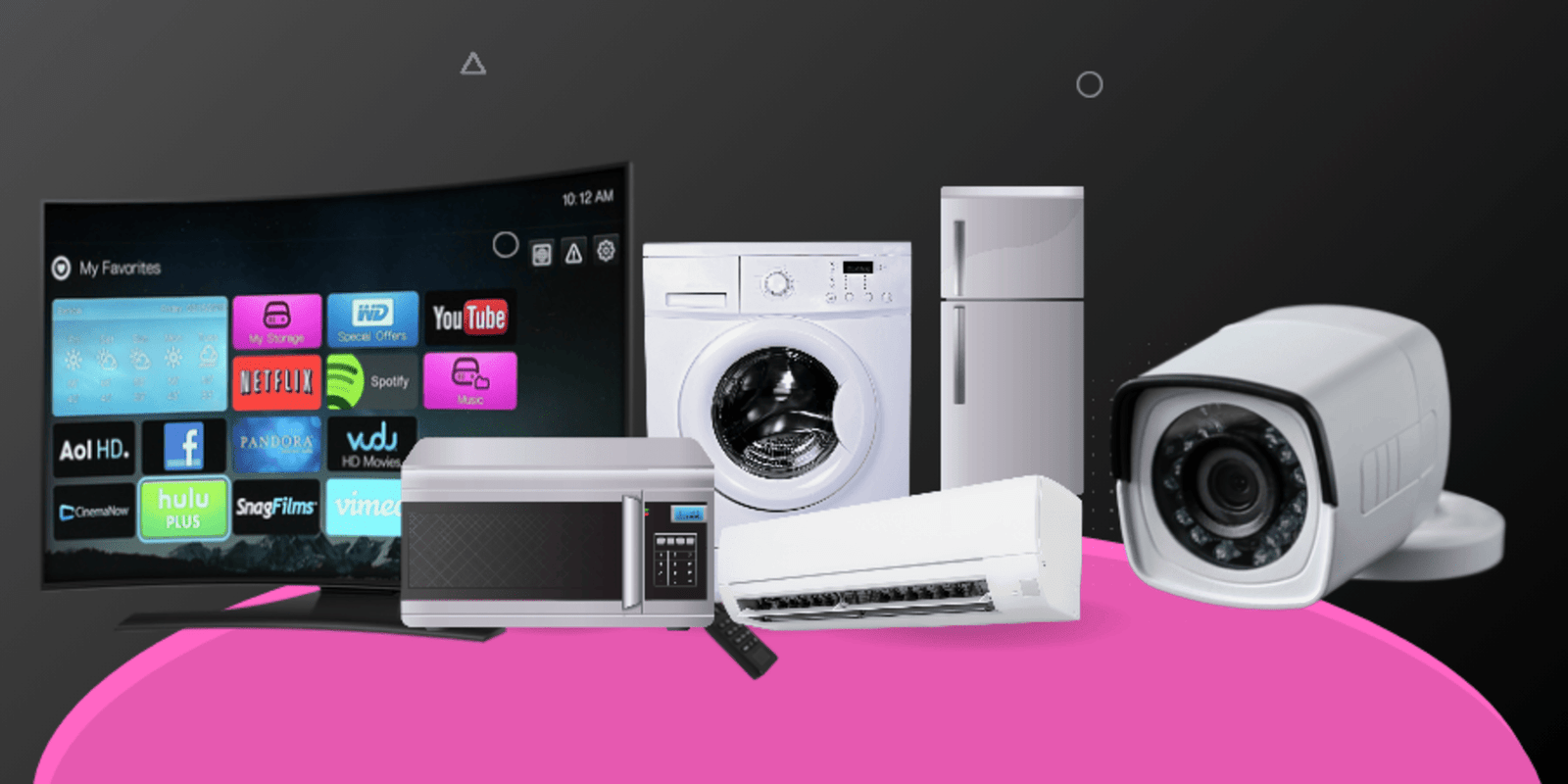In the digital age, internet-connected smart homes with voice controls, mobile apps, and advanced AI functionalities have become increasingly common. However, an offline smart home may be the better choice for some homeowners. Here are some key benefits of keeping your smart home offline.
Offline Smart Home Enhanced Security
One of the most significant advantages of an offline smart home is improved security. Internet-connected smart devices can be vulnerable to cyberattacks and hacking. Offline smart homes remove this digital attack surface, keeping your home’s systems and data more secure. Going offline protects against threats like data breaches, malware infections, and remote hijacking attempts.
No Dependence on Internet Connectivity
One downside of internet-based smart home platforms is that they require constant internet connectivity. Network outages can render smart devices useless until the connection is restored. Offline smart homes eliminate this single point of failure by operating independently of internet connectivity. On the other hand, all your offline appliances continue to work smoothly regardless of any issues with your home’s internet connection.
Greater Privacy
Online smart homes can gather immense amounts of data about your daily activities and behaviors through features like voice assistants, motion sensors, and smart cameras. This raises serious privacy concerns, as the data could be exploited by hackers or shared with third parties without your consent. An offline smart home gives you greater control over your privacy, ensuring your behavioral data stays strictly in-house rather than transmitted over the internet.
Seamless Interoperability
While internet-based smart home platforms often face compatibility issues between devices and standards, offline systems don’t have to deal with constantly evolving connectivity protocols. All the devices and automation routines in an offline smart home can be carefully configured to interoperate seamlessly without the complexity of online communications. This results in an easy and more reliable user experience.
Lower Energy Consumption
Studies have found that internet-connected devices can consume more energy than their offline counterparts. The networking hardware and background processes required to maintain internet connectivity impact the overall energy drain. Opting for an offline smart home ensures your devices operate more efficiently without all the overhead of online components, potentially lowering your utility bills.
No Subscription Fees
Many internet-connected smart devices and platforms require costly monthly or annual subscription fees to access advanced features. For example, security cameras often charge a monthly fee for cloud storage and video playback capabilities. An offline smart home avoids these annoying ongoing costs, making the most of your devices without extra charges.
Local Control
With an offline system, all processing happens locally within your home rather than relying on external servers in the cloud. This gives you complete control over your home’s automation and security, rather than depending on a third-party service that could experience outages. The local authority also minimizes latency, allowing devices to respond faster.
Increased Longevity
Internet-connected gadgets often have a much shorter lifespan as connectivity standards evolve rapidly and companies end support after a few years. Offline smart home devices have greater longevity as they don’t become obsolete as quickly without dependence on shifting online protocols. So offline device they can continue to work for many years without costly upgrades.
Enhanced Reliability
A key advantage of keeping your smart home offline is minimizing single points of failure. If your internet router goes down, so does the functionality of all online smart devices. When everything is handled locally, your automation routines and smart features keep working reliably, even if other household systems are disrupted. This delivers greater peace of mind.
Flexible Power Options
Online smart devices often require a permanent connection to your home’s electrical system. But an offline smart home can incorporate more flexible power options like high-capacity batteries or generators to keep things running during grid outages. This ensures power failures don’t necessarily disrupt your smart home’s operation.
Independence from AI Services
Internet-connected smart home services often rely heavily on artificial intelligence and machine learning operated by the company. But offline systems give you independence from these external AI services that could be discontinued or act unpredictably. Your home automation gets to run on your terms rather than being dependent on the decisions of an external entity.
While offline smart homes have some clear benefits, they also come with their limitations. Going offline means losing conveniences like remote monitoring and control and restrictions on integrating third-party devices and platforms. Homeowners should carefully weigh the pros and cons before designing their ideal smart home architecture. But for many, the perks of increased security, privacy, and reliability make an offline smart home the preferred approach.


